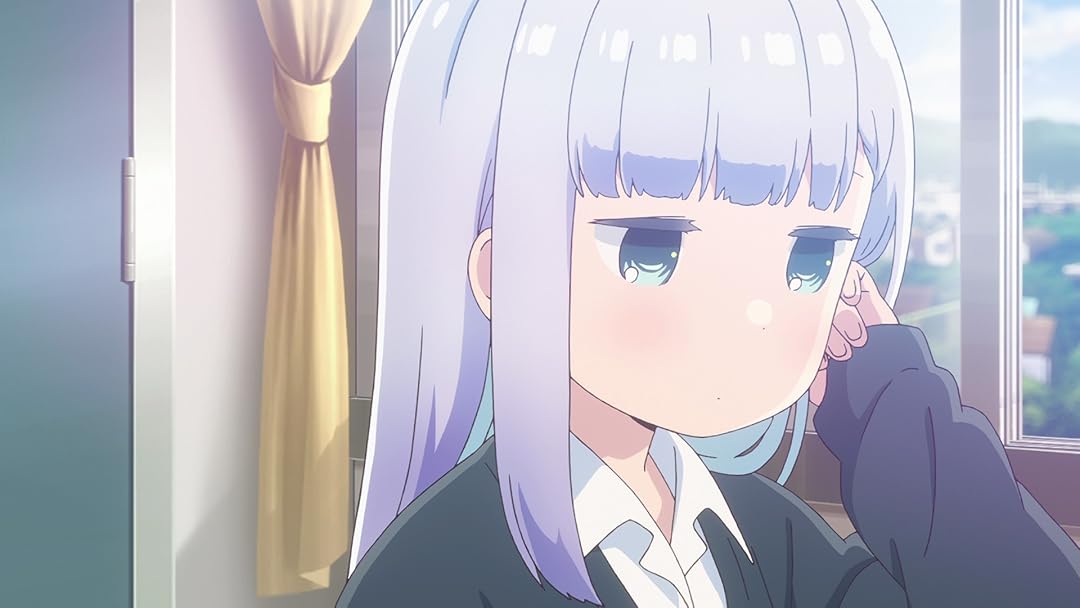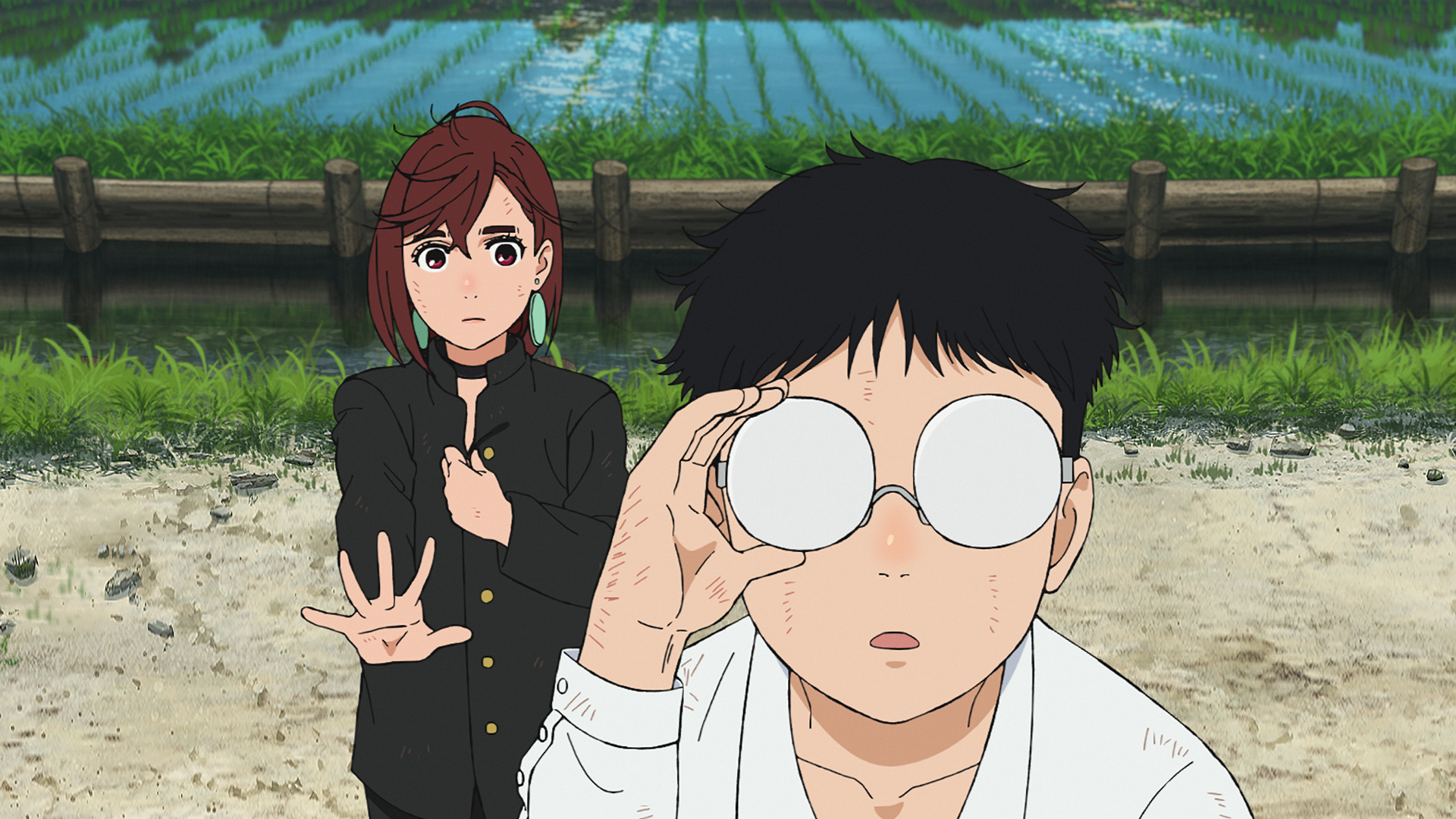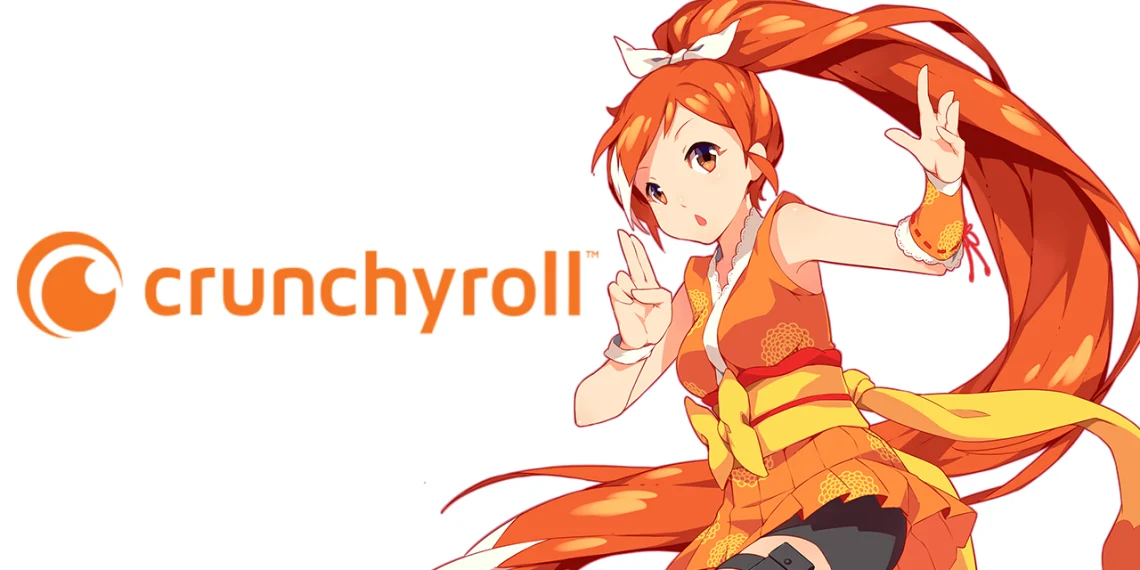A newly enacted Texas law targeting explicit and suggestive anime has ignited a digital firestorm across social media. Supporters claim the legislation is necessary to protect children from harmful content, while critics say it veers into dangerous censorship. The most explosive fallout, however, is the rise of the #BanJapan hashtag—calling for a boycott of Japanese media altogether.
The law, signed earlier this week by Governor Greg Abbott, empowers the Texas Department of Information Resources to block access to sites that stream anime deemed “sexually exploitative or morally deviant.” The text of the bill, officially titled HB 3053, is available on the Texas Legislature’s site. It specifically cites concerns over “sexualized depictions of minors” in animated works.
Digital Boycotts and Nationalist Rhetoric

Within hours of the law passing, anime discourse on X (formerly Twitter) descended into chaos. The #BanJapan trend emerged, with users accusing Japanese creators of “deliberately targeting Western youth” with immoral media. Viral posts urged platforms like Crunchyroll and Netflix to suspend all Japanese imports.
Prominent American conservatives praised the move, framing it as part of a broader cultural cleanup. One viral clip from Texas Representative Shelby Holloway claimed “anime has become a pipeline to degeneracy,” drawing sharp condemnation from both fans and creators.

The video was widely circulated and critiqued by outlets like NPR and The Guardian, who highlighted concerns over moral panic and xenophobia.
Japanese artists responded swiftly. Director Seiji Kishi, known for Angel Beats and Assassination Classroom, posted: “You can’t erase our stories because they make you uncomfortable.” His statement echoed across anime communities, many of which now see the Texas law as an attack on creative freedom, not just regulation.
Industry Fallout and Cultural Standoff

In Japan, government officials have yet to respond, but industry leaders fear growing scrutiny in overseas markets. An unnamed executive from Aniplex told Asahi Shimbun that the law “could pressure studios to self-censor to retain licensing rights.” Others worry it may discourage Japanese creators from exploring complex themes, particularly in psychological or coming-of-age stories.
Back in the U.S., anime conventions are feeling the ripple effects. Organizers of Anime Frontier in Fort Worth reported a surge in attendee cancellations and threats of protest. Meanwhile, local libraries and schools are quietly removing manga titles flagged under the new law’s guidelines.
For many in the anime community, the fight goes beyond a single bill. It’s become a battleground over whose values shape global media. As debates over “acceptable” content escalate, the chasm between Western legislative oversight and Japan’s artistic philosophy seems deeper than ever. Whether either side can find middle ground—or whether anime becomes another victim of culture war crossfire—remains uncertain.




